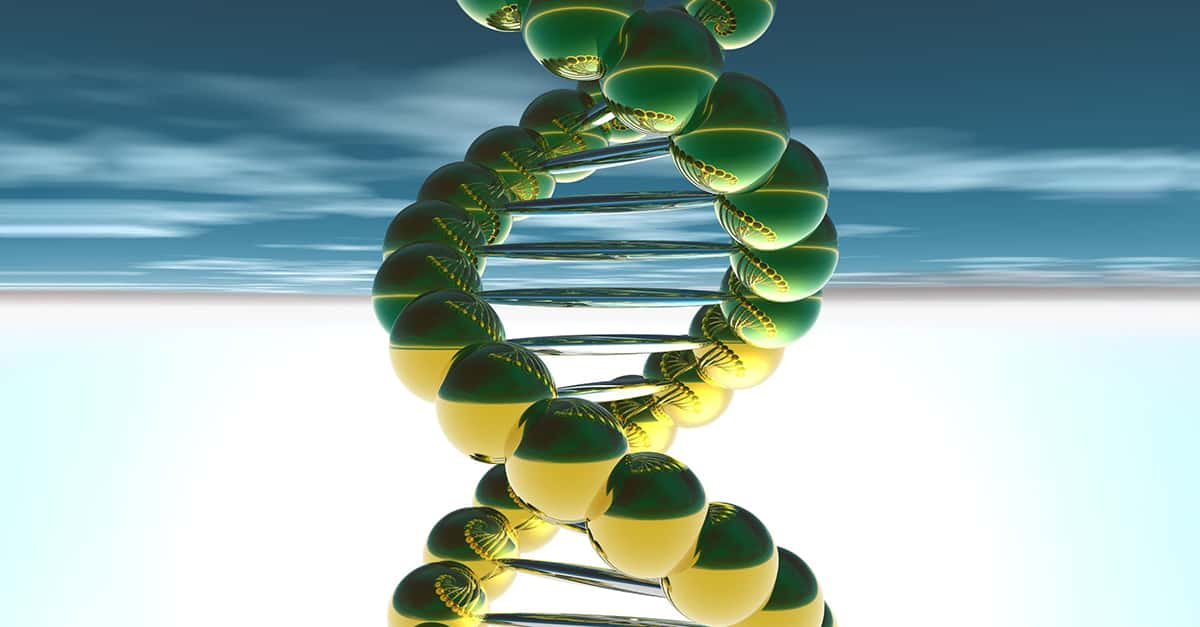Got the Blues
That’s the how, but there’s still the why of that particular color. Why blue and not green or orange or pink? Well, as previously mentioned, Newton’s theory showed how the prism separated light into the colors of the rainbow—specifically, red, orange, yellow, green, blue, indigo, and violet. All other colors—and even white light, for our purposes—are actually made up of combinations of these colors. Light energy, like that from the sun, travels in a straight line until it’s disrupted by something (like a prism or lens, or molecules in the air, as mentioned). Then it is distorted into waves, and each color in the visual spectrum (or rainbow) has a different wave shape. While red is a longer, less crimped wave, blue is much shorter, with a tighter fold.
 Wikimedia Commons
Wikimedia Commons
It's Complicated
As the molecules in the air distort the pure white light from the sun, they create a wave of light energy at a frequency that, to us, looks like blue. But hey, there are two other colors after blue, indigo and violet, that have even shorter waves. So why don’t we see those colors? Part of that has to do with the atmosphere which scatters the light, and part of it has to do with the color receptors in our eyes, known as cones. While most of the light that makes it to our eyes has been scattered to blue, which is received by the blue color receptors, whatever indigo and violent waves do survive to make it to our eyes are read by the red color receptors in our eyes, leading to our specific experience of sky blue—without those residual indigo and violet waves, the blue would be much more green-tinged.
All of these same principles account for the variation in color of the sky during sunset (when the light is not as direct, resulting in a yellow effect), particularly over the ocean (where humidity is higher, making the sunset orange), or in more polluted areas (where molecules might cause a reddish sunset). And as for colorblind people? Most of them are missing the red cones or color receptors, meaning that, luckily for them, they still perceive the sky as blue.
So, the next time someone asks why the sky is blue, tell them that it has to do with light being scattered by molecules in the sky, creating a light energy wave of a frequency that corresponds to blue. Don’t forget to say we have Newton and Einstein to thank, not to mention Tyndall and Lord Rayleigh! And then there’s the bonus stuff about prisms and refraction…or you could just bookmark this to send it to them. Who can remember all the reasons why the sky’s blue anyway? As the proverb says, “the sky is not less blue because the blind man doesn’t see it.”












